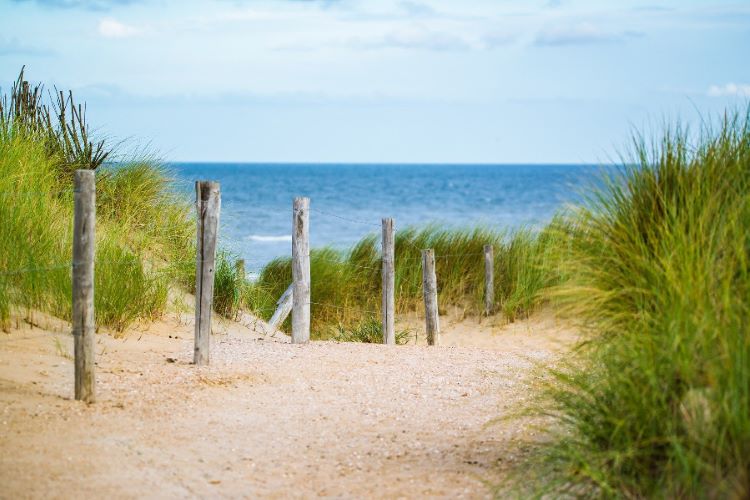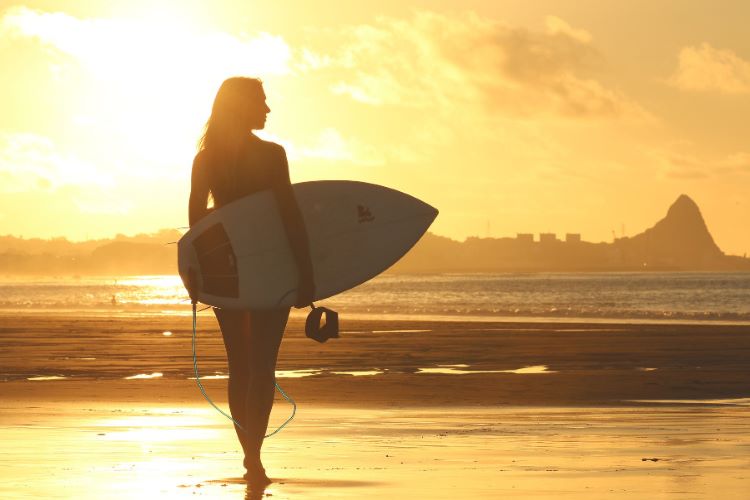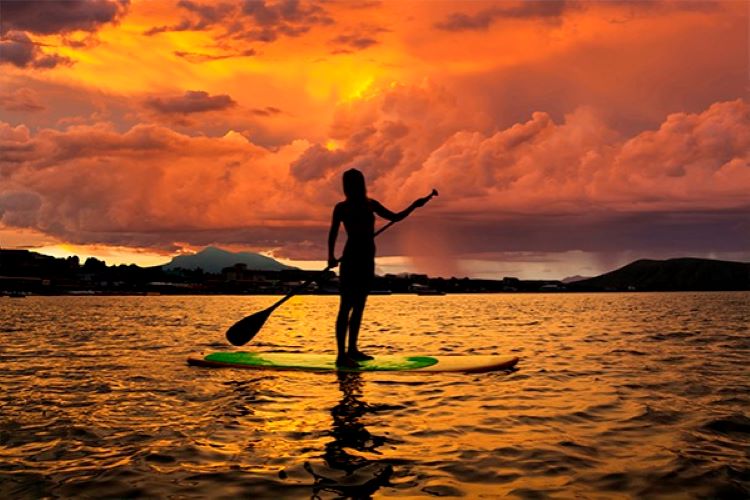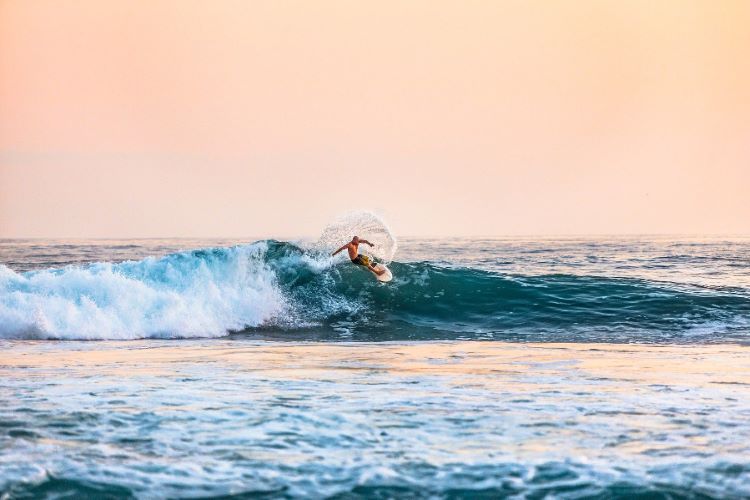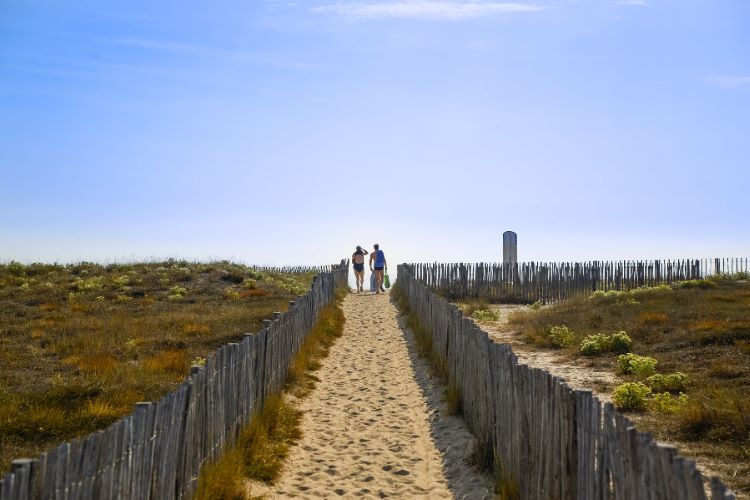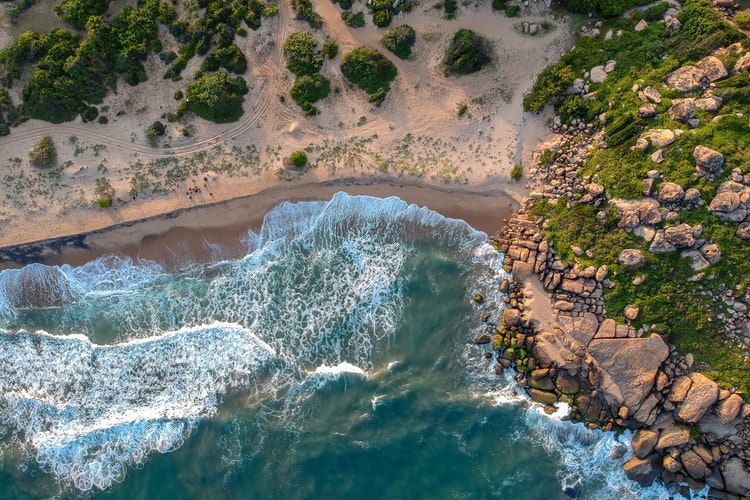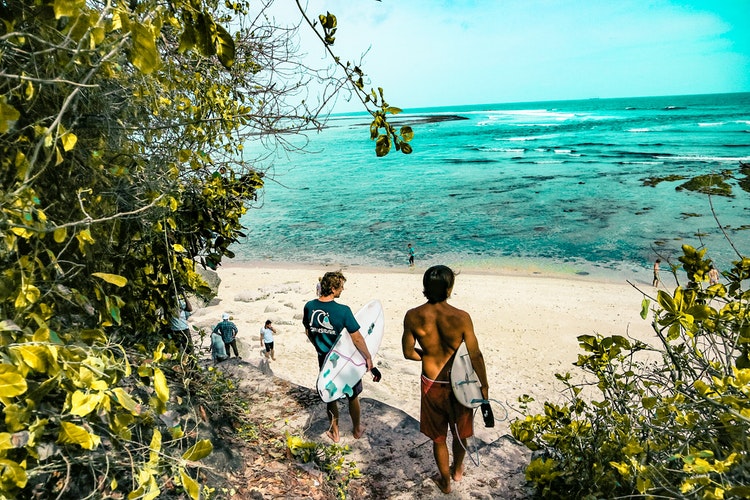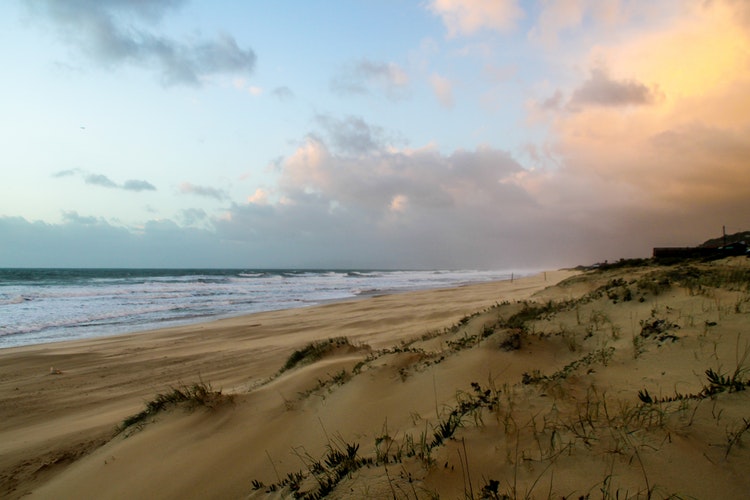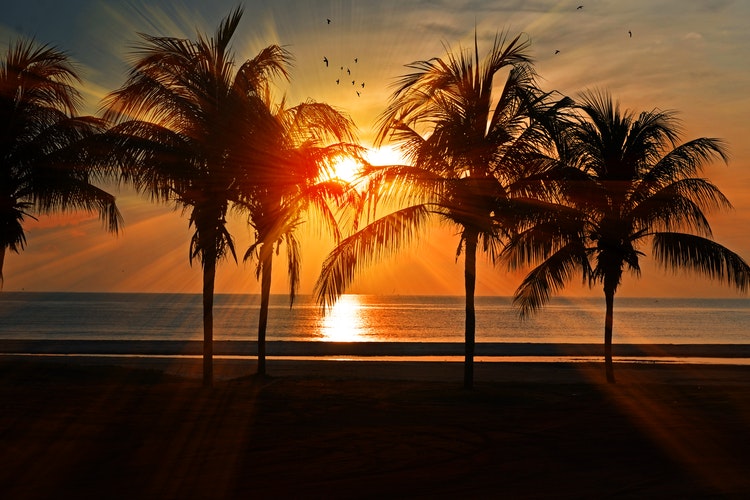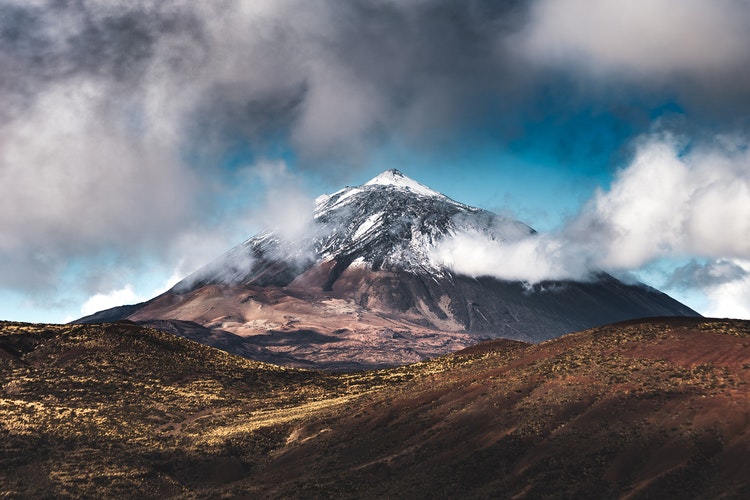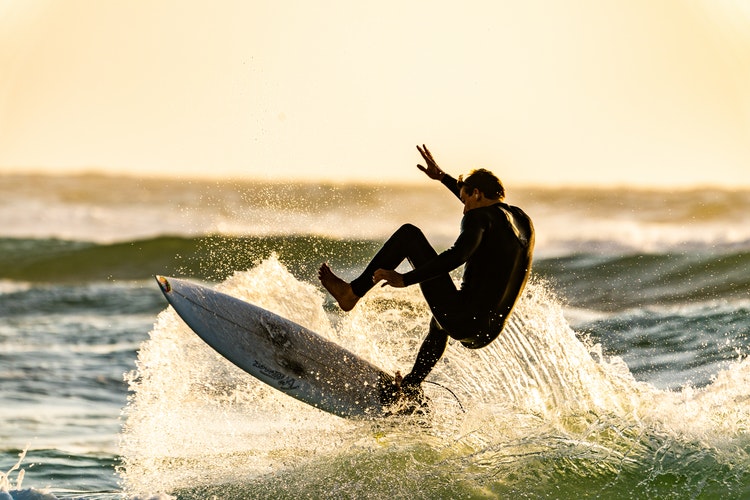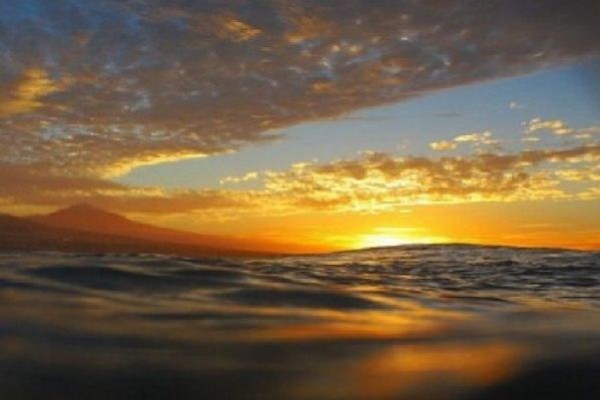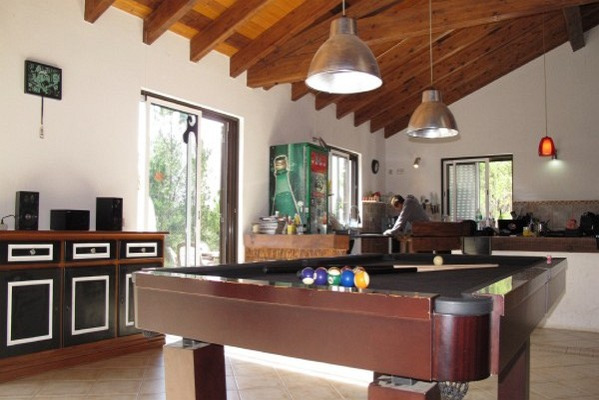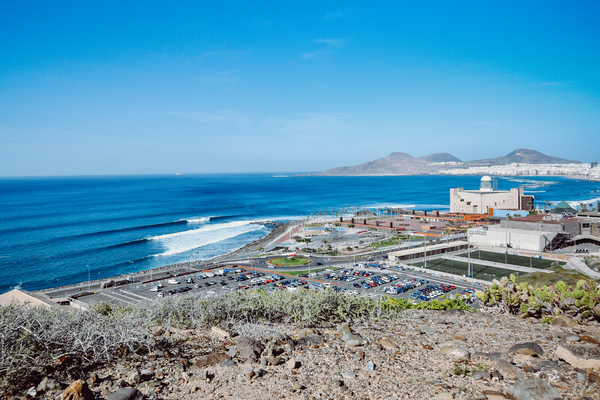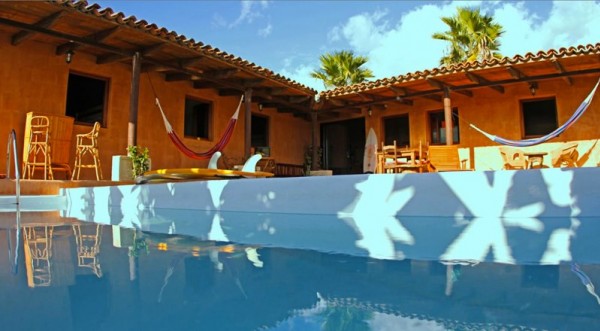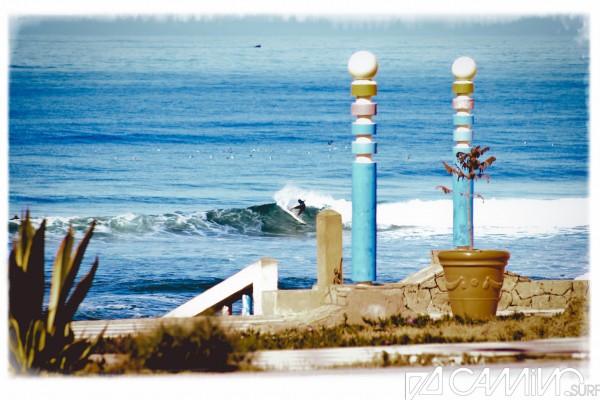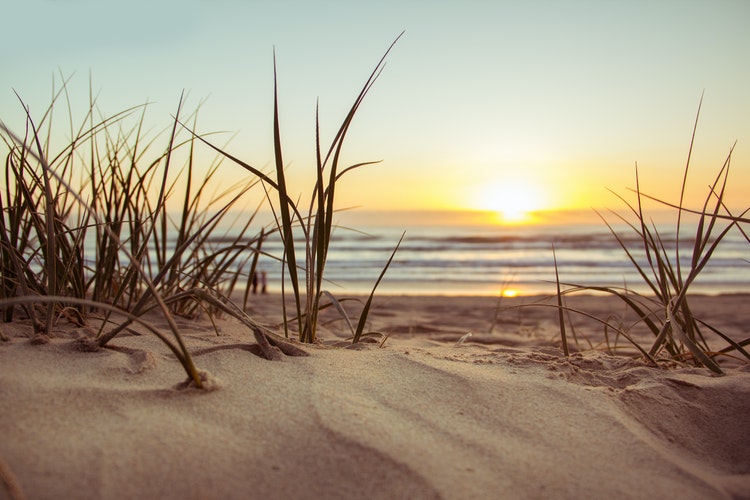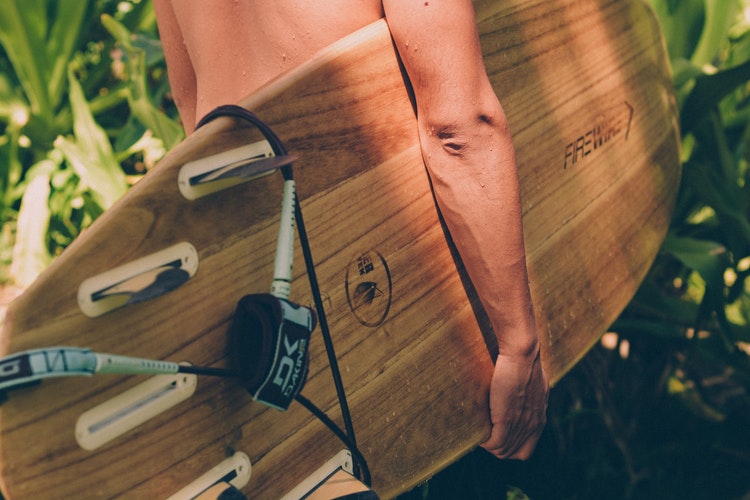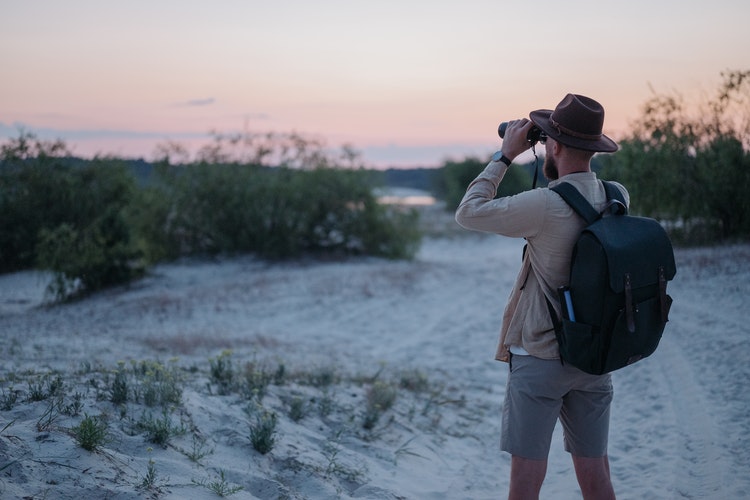How do I find the right surf camp for me?
Which surf camp is best for you depends entirely on your personal requirements and needs. Criteria such as the type of accommodation, catering, leisure activities, whether you are travelling alone or with a companion and much more can be decisive when choosing your surf camp. Of course, your surfing level also plays a decisive role, whereby most camps offer courses for beginners as well as for advanced surfers. To help us advise you in your search for the right camp, it's best to use our
surf camp finder. If you already have a certain region in mind, you can simply send a
collective enquiry to all surf camps in this region and you will receive all the important information by email! You can also find detailed information about specific destinations and camps in our
surf camp guides.
What do you do at a surf camp?
In a surf camp, the waves are of course the priority and here you are also offered the complete programme! You can rent all the equipment, get surf lessons that are tailored to your surfing level and live in great accommodation with like-minded people. In addition, you will be offered numerous other activities and insider tips.
What does a typical day at the surf camp look like?
In most surf camps, surf lessons take place in the morning or sometimes in the afternoon. To make sure you are well-fitted for your surfing sessions, you should eat as balanced and rich a diet as possible during your stay to provide your body with all the important nutrients. After surfing, many camps offer various leisure and relaxation activities such as yoga, beach volleyball or table tennis, and the evenings can be spent in good company, for example, at a BBQ in the camp, in surrounding bars, restaurants or discos.
What types of surf camp are there?
Whether surfhouse or surf lodge, surf camps with yoga and meditation, youth trips, special offers for vegetarians or vegans. Everyone will find something to suit their taste here. Surf camps also vary in price and budget, from simple shared rooms to luxurious private suites. Some surf camps also specialise in whether you are travelling alone, as a couple, in a group or as a family.
In which countries can you surf?
Whether Europe, America, Asia, Africa or Australia. You'll find the perfect place for an unforgettable surf holiday anywhere in the world. In Europe, our absolute favourites are Spain, Portugal, France and the Canary Islands. In America, you can surf in Costa Rica, Colombia and Mexico. In Asia, it is Indonesia, Sri Lanka and Bali. And in Africa, of course, Egypt, Cape Verde and Namibia are not to be missed. New Zealand and the Fiji Islands are not to be resisted either.
How much does a surf camp cost approximately?
The prices vary, of course, depending on the region and surf camp. They also depend on whether you only book surf lessons or also accommodation at a surf camp. For example, the top offers per week start at 180€ in Gran Canaria, 230€ in Tenerife, 140€ in Morocco, 115€ in the Algarve and 154€ in Bali. So you can definitely try surfing on a smaller budget.
How much should I budget for my surfing trip?
On our website you will find surf camps that fit into every travel budget, whether you want to stay in a tent or a luxury hotel. In addition to accommodation, you should plan for costs for travel to and from the camp, food, surf lessons and equipment, if applicable, as well as leisure activities, although these can of course vary greatly depending on your needs.
What decision criteria should I consider?
For many people, the climate, the travel time, the desired region and their own surfing level play a role in the decision-making criteria. In addition, the requirements for the surf camp are very individual. You should therefore think about the desired offer, the quality and the costs of the surf camp. The environment can also be decisive, including its popularity, but also overcrowding, distance to beaches, other sights and activities.
Are all the necessary surfing materials provided at the camp?
In most camps, especially those that also offer surf lessons, all materials are provided or there are providers in the immediate vicinity where you can rent everything you need. In some camps, the rental fee is even included in the price. If you have your own equipment, you can of course bring it with you and save the additional costs on site.
Do I have to prepare for the surf camp in advance?
No special preparation is necessary for your stay at the surf camp. In the surf course on site, you will learn all the important information about how to behave while surfing from your surf instructor. However, it can't hurt to find out about the most important rules yourself in advance, as this will certainly make you feel more confident. As far as the sporting aspect is concerned, the fitter the better! A combination of endurance training, muscle building, coordination and flexibility can help you make progress on the surfboard as quickly as possible.
Is surfing suitable for everyone or do I have to meet certain requirements?
Even though surfing is one of the most strenuous sports, no one who has the necessary joy and motivation should be deterred from surfing. Since every muscle in the body is used when surfing, a certain basic fitness is definitely an advantage, but basically everyone has the chance to learn how to surf and does not need any special skills, just patience. For your own safety, however, you should be able to swim and feel safe in the sea.
How difficult is it to learn to surf?
If you have never surfed before, you should be patient at the beginning. In a surf course, you will be explained exactly how it works and the guides will constantly give you tips on what you should pay attention to personally. This sport can be quite strenuous and difficult, especially in the beginning. After a few days, however, chances are good that you will already be able to stand a few waves and slowly try your hand at the green waves.
At what time of year can I go on a surf trip?
A surf trip is basically possible at any time of the year. For beginners, the summer months are particularly suitable for a surf trip within Europe, as there is a better weather guarantee at this time, which can make surfing conditions much easier, especially for beginners. Experienced surfers can also benefit from the low season, as the surf spots are less crowded and the wave conditions are different, which can bring new challenges. Depending on the season and destination, you should definitely find out about the local conditions in advance and pack appropriate surfing gear.
What do I have to consider regarding Corona?
The regulations often change depending on the number of infections. It is important to find out whether entry is possible at all, depending on the place and time. If you are allowed to go on holiday, you should find out which conditions apply (fully vaccinated, recovered, tested negative) in order to avoid quarantine or to be allowed to enter the country at all. As a rule, all bookings that have already been paid for and are no longer possible due to a travel warning or travel restriction will be refunded in full.






